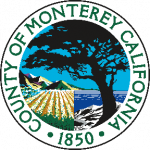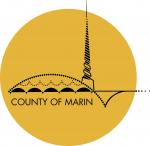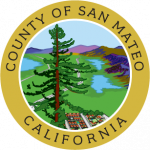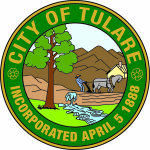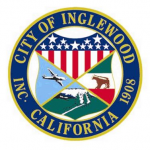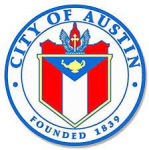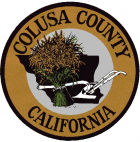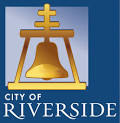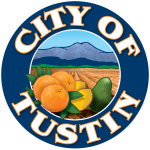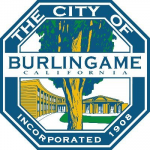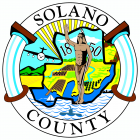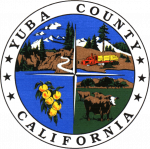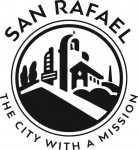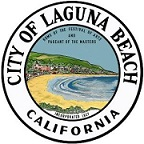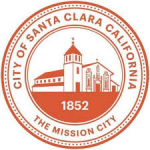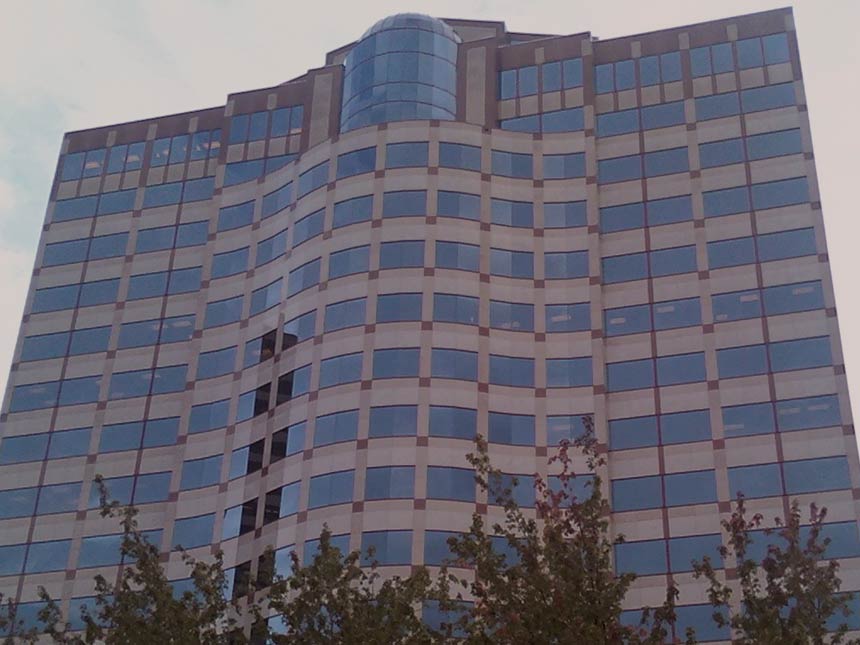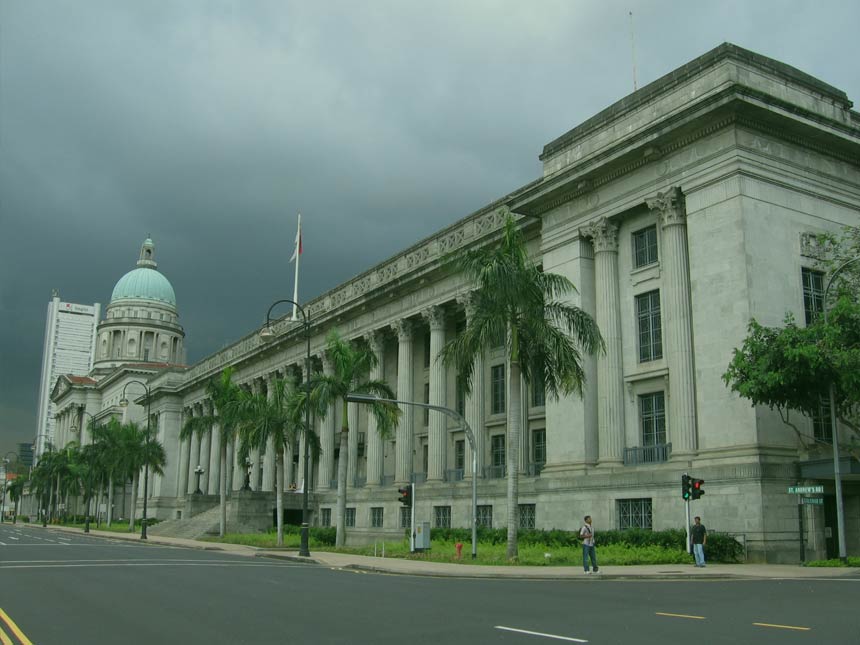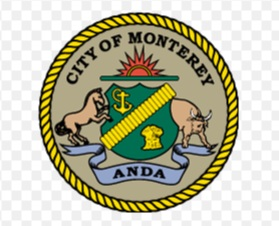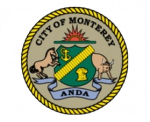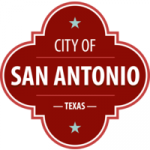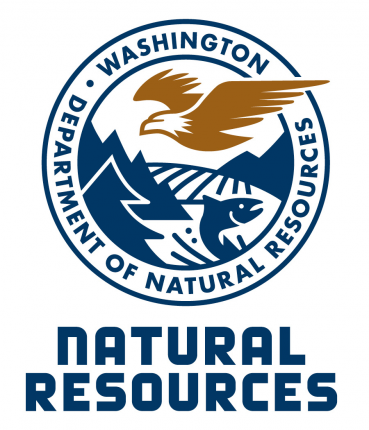Public Dispatchers and Government Telecommunications Jobs: What You Need to Know Before Applying

In the vast landscape of government telecommunications, public dispatch jobs stand out as some of the most critical and impactful roles.
These positions serve as the vital link between the public and emergency services, forming the backbone of our community's safety net.Public dispatch jobs, often referred to as 911 dispatcher or emergency communications specialist positions, are at the forefront of public safety.
These professionals are the first point of contact in emergencies, responsible for receiving calls, assessing situations, and coordinating appropriate responses. They are the calm in the storm, the steady voice guiding both callers and responders through critical situations.
When ensuring that emergency services can communicate effectively during a crisis, your job will have a tangible impact on the nation's well-being.Essential Skills for a Successful Public Dispatcher Career
Becoming a public dispatcher requires a unique blend of technical proficiency, interpersonal skills, and personal qualities.
This challenging role demands individuals who can thrive under pressure while maintaining accuracy and empathy. Let's explore the key skills that are crucial for success in this field.
Communication Skills
- Clear and concise verbal communication
- Active listening to extract critical information quickly
- Ability to communicate effectively with diverse populations
- Skill in conveying complex information simply and calmly
Multitasking Abilities
- Capacity to manage multiple incidents simultaneously
- Skill in prioritizing tasks based on urgency and available resources
- Ability to switch focus rapidly between different situations
Technical Proficiency
- Familiarity with Computer-Aided Dispatch (CAD) systems
- Typing speed and accuracy (often 35-40 words per minute minimum)
- Basic troubleshooting skills for communication equipment
- Adaptability to learn new technologies and software
Decision-Making and Problem-Solving
- Quick and accurate decision-making under pressure
- Ability to assess situations rapidly and determine appropriate responses
- Critical thinking skills to navigate complex or unusual scenarios
Emotional Intelligence and Stress Management
- Empathy and compassion for callers in distress
- Emotional resilience to handle traumatic situations
- Stress management techniques to maintain composure
- Ability to remain calm and focused in high-pressure situations
Attention to Detail
- Precision in recording and relaying information
- Ability to catch and correct errors quickly
- Skill in maintaining accurate logs and records
Teamwork and Collaboration
- Skill in coordinating with various emergency services
- Ability to work effectively as part of a dispatch team
- Capacity to collaborate with other agencies during large-scale incidents
- Knowledge of police and fire department policies
Cultural Competence
- Sensitivity to cultural differences
- Ability to communicate effectively with non-native English speakers
- Understanding of diverse community needs and concerns
Adaptability and Continuous Learning
- Willingness to adapt to new protocols and procedures
- Commitment to ongoing training and skill development
- Ability to learn from experiences and improve performance
In this career, your ability to stay calm, think clearly, and communicate effectively could be the difference between life and death.
Remember, while some of these skills can be taught, others—like the ability to remain calm under pressure or the capacity for empathy—are often innate qualities. Successful public dispatchers typically possess a natural inclination towards these traits, which are then refined and strengthened through training and experience.
Public Safety Dispatchers: The Lifeline of Emergency Communications
In the realm of government telecommunications, public safety dispatchers stand out as critical frontline workers.
These professionals serve as the vital link between the public and emergency services, playing a crucial role in coordinating responses to crises and saving lives.
Imagine being the first point of contact in someone's worst moment, the calm voice guiding them through chaos, and the invisible hand coordinating a lifesaving response. This is the world of a public safety dispatcher.

What Public Safety Dispatchers Do:
1. Emergency Call Handling-
Answer 911 and non-emergency calls
-
Quickly assess situations and determine appropriate responses
-
Provide pre-arrival instructions (e.g., CPR guidance) when necessary
- Coordinate and dispatch police, fire, and emergency medical services
- Manage multiple incidents simultaneously
- Prioritize calls based on urgency and available resources
-
Operate Computer-Aided Dispatch (CAD) systems
-
Access and relay critical information to first responders
-
Maintain accurate records of all communications and actions
-
Facilitate communication between different emergency services
-
Coordinate with neighboring jurisdictions during large-scale incidents
As a public safety dispatcher, you're not just answering phones – you're the first responder to the first responders, the unseen hero behind countless rescues and interventions.
Key Qualifications:
- Proficiency with telecommunications equipment and computer systems
- Clear speaking voice and active listening skills
- Typing speed and accuracy
- High school education
Certifications and Training:
- Emergency Medical Dispatch (EMD) certification
- CPR and basic first aid certification
- Critical Incident Stress Management training
- Ongoing training in new technologies and procedures
Challenges of the Job:
- High-stress environment with life-or-death consequences
- Shift work, including nights, weekends, and holidays
- Emotional toll of handling traumatic situations
- Constant vigilance and attention to detail required
Benefits of the Career:
- Direct impact on public safety and saving lives
- Dynamic work environment with no two days alike
- Opportunity to serve the community
- Develops valuable, transferable skills
Career Advancement:
Public safety dispatchers can advance to:
- Dispatch supervisors or managers
- Training coordinators
- Emergency communications center directors
- Emergency management specialists
Every call you take as a public safety dispatcher could be the most important moment in someone's life. Are you ready for a career where your voice can make the difference between life and death?
The role of public safety dispatchers is evolving with technology. Next-generation 911 systems are introducing capabilities like video calling and improved location services, requiring dispatchers to adapt and learn new skills continuously.
Public safety dispatching offers a unique entry point into government telecommunications careers.It combines the satisfaction of public service with the excitement of working with advanced communication technologies. For those who thrive under pressure and want to make a tangible difference in their communities, few careers offer the same level of impact and importance.
Are you calm under pressure, tech-savvy, and driven by a desire to help others? A career as a public safety dispatcher could be your calling in the world of government telecommunications.When you apply, remember to tailor your resume to the job description. Whether disabilities can be accommodated is determined on a case-by-case basis. Applicants requiring reasonable accommodation should know that while it's illegal to discriminate against people with disabilities, they can ask you about your ability to do the work. (It's also illegal to discriminate based on marital status, gender identity, and sexual orientation.)
Answering the Call to Serve
As we've explored throughout this article, government telecommunication jobs, particularly in the realm of public safety dispatching, offer a unique and rewarding employment for those who are up to the challenge. These roles combine cutting-edge technology with the opportunity to make a real difference in people's lives and contribute to national security.

From California to Washington D.C., public safety dispatchers stand at the forefront of emergency response, serving as the critical link between those in need and the resources that can help them.
It's a role that demands a special set of skills - from technical proficiency to emotional resilience in the name of public relations - and offers rewards that few other careers can match.
In a world where technology is constantly evolving, imagine being part of a field where your adaptability and quick thinking can literally save lives. That's the reality of a public dispatcher career in government telecommunications.

